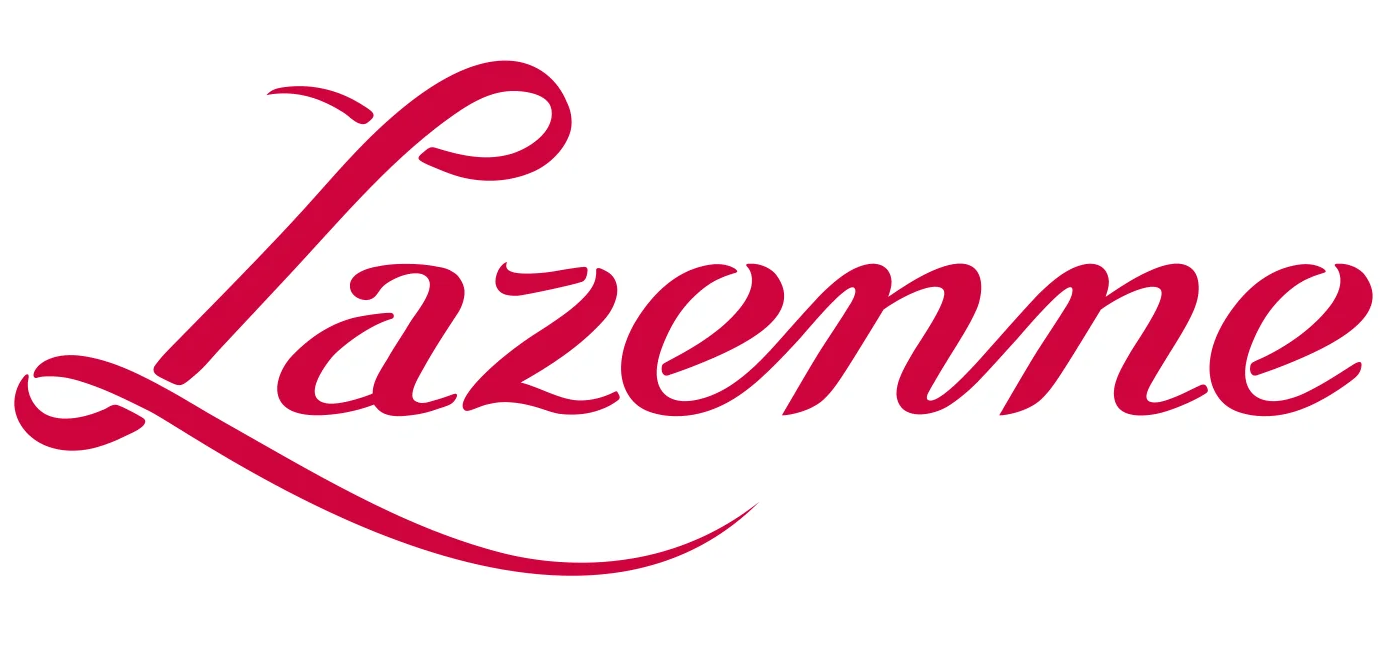Off the Beaten Wine Path in the Balkans

Serbia, Montenegro, Macedonia; all names which we’re guessing probably don’t immediately spring to mind when you think of wine producing countries. Yet there’s a thriving, and historic, wine scene in the Balkans, which overflows with centuries of wine making tradition, exotic sounding grape varieties and interesting, high quality wines.
Wondering where to start?
Let’s start with the familiar. Chances are you’ve already had some experience with wines from Romania or Bulgaria. Wines from this corner of the Balkans have been exported to the UK and the US markets for decades now and what has landed on these soils often ends up with a reputation as being cheap and cheerful, if rather rustic, drinking options. Whilst more often than not the fashion here has been to grow grapes with names foreign drinkers will easily recognise, it’s worth seeking out indigenous Bulgarian varieties such as Mavrud, for its deep and soft reds and Melnik, which makes a wine not dissimilar to a Châteauneuf-du-Pape, or the wonderfully sounding Fetească Albă from Romania. This ‘White Maiden’ produces a delightfully aromatic, off-dry white wine.
From there, we can jump to the more ‘up and coming’ countries which, despite their almost millennia of winemaking history, are only starting to enter the mainstream wine lovers consciousness. Countries such as Serbia, Bosnia & Herzegovina, Montenegro and Macedonia; who all once formed part of Yugoslavia and today are each forging distinct winemaking identities. It’s here that we meet one of the great grape varieties of the Balkans: Vranac. Indigenous to Montenegro, but also widely grown in Macedonia and Serbia, this ‘Strong Black’ grape (as the name translates), is closely related to Primitivo (Zinfandel) and creates a dense red wine with impressive cellaring potential.

Anyone who has travelled through the Balkans in mid-July knows that summers can be scorching in this part of the world; thankfully local winemakers know how to make a rosé wine! In Serbia, the grape variety called Prokupac makes deep pink rosés, redolent of strawberries and rosés, whilst the Macedonians also craft a lighter style from the indigenous variety Stanusina. A glass or two goes down a treat on a hot afternoon. We know from experience!
The Bosnia & Herzegovina wine scene may be one of the smallest in the region, but the earth around the historic city of Mostar appears perfectly suited to one particular grape variety, Zilavka. This white grape produces a white wine, high in acidity and alcohol, with particularly nutty aromas that develop as the wine ages.
If you think you’ll struggle to find a wine from Bosnia & Herzegovina at your local cellars, how about Kosovo and Albania? Yes, you read correctly! Whilst it’s easier to get a bottle of neighbouring Montenegrin wine than a local drop in Kosovo, there is a wine route outside the pretty southern city of Prizren for the more intrepid wine lover to follow, whilst Albania boasts an historic reputation for high quality wines which, in the post-communist era, it has been focusing on restoring. Distinctly local grape varieties include Shesh i bardhe (white) and Debin e Zeze (red).

From the niche to the sublime; the sweet wonder that is Hungarian Tokaji is no secret to wine lovers around the world and the most famous Balkan wine export. Yet Furmint, the dominant grape variety in Tokaji, is also used to make a dry white wine which is attracting industry attention from New York to London.
Other Balkan wines currently in fashion include the minerally white Assyrtiko from Greece and the robust red Plavac Mali from Croatia’s Dalmatian Coast.
Have you got any favourite wines from the Balkans?
Read:
Image Credits: CameliaTWU, Sunshine Soon, Anna & Michal
Chrissie McClatchie is an Australian freelance writer and wine specialist who has been living in France since 2008. You can follow her on Twitter @RivieraGrape as she explores the wines of the French Riviera and Italy's Liguria.

Commenta
Questo sito è protetto da hCaptcha e applica le Norme sulla privacy e i Termini di servizio di hCaptcha.